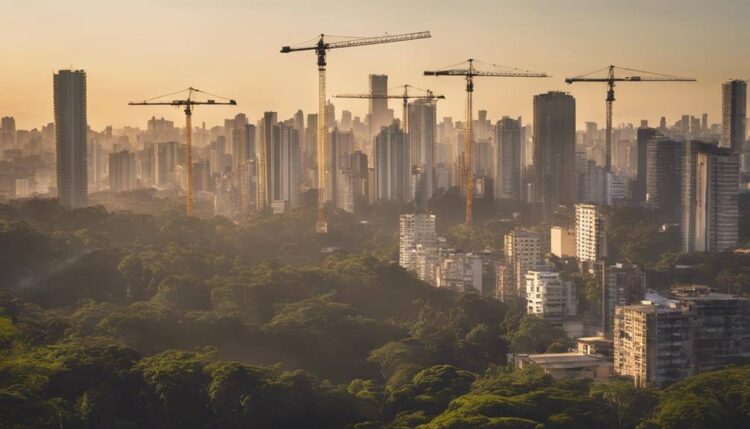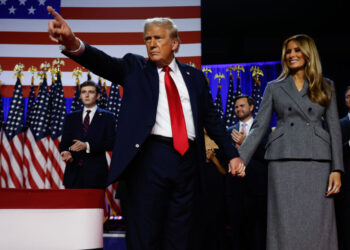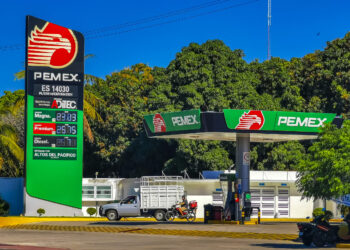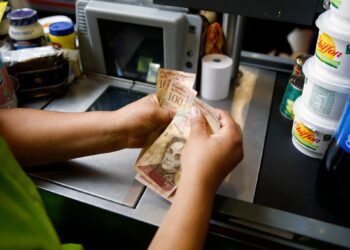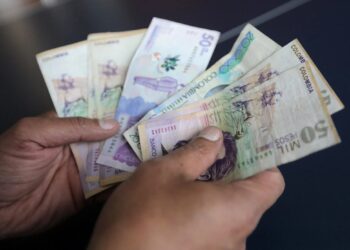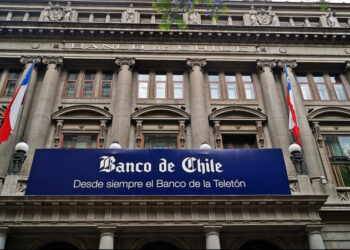Brazil’s economic outlook presents a combination of optimism and caution. On the surface, the nation is benefiting from favorable global trends, such as the US Federal Reserve’s easing of monetary policy and China’s economic stimulus. These factors should, in theory, position Brazil for growth, just as it did after the global financial crisis more than a decade ago. At that time, Latin America’s largest economy prospered, earning improvements in its credit rating and the applause of investors.
This month, Moody’s Investors Service upgraded Brazil’s credit rating, reflecting renewed confidence in the country’s resilience. Brazil’s GDP is expected to grow 3% in the December fourth quarter, which would mark the third consecutive year of solid expansion. Labor reforms begun in 2017 have reduced unemployment to historic lows, supporting economic activity. Additionally, Brazil’s central bank has raised its growth forecast for 2024, while Treasury Secretary Rogerio Ceron expressed optimism about the country’s fiscal strength following an expected overhaul of the tax code.
However, as Bloomberg reports, investor sentiment remains cautious despite these positive signs. Brazil’s currency, the real, has depreciated about 11% this year, making it one of the worst-performing currencies globally. The stock market has also struggled, with the Ibovespa index down 1.9% so far in 2024. By comparison, the MSCI Emerging Markets Index is up 16%, underscoring Brazil’s relative underperformance.
Much of the skepticism comes from concerns about President Luiz Inacio Lula da Silva’s fiscal policies. Facing pressure before the election, Lula could turn to increased public spending to fulfill his campaign promises, such as the populist slogan “beer and meat for all.” Investors fear such tax moves could fuel inflation and lead to further increases in interest rates, increasing challenges for companies already facing high borrowing costs.
“Rating agencies are looking in the rearview mirror, but markets are focused on the next 10 years,” says Andrei Spacov, chief economist at asset manager Exploritas. While Moody’s upgrade is a positive step, Spacov notes that the long-term outlook remains uncertain.
Currently, Brazil’s reference interest rate is at 10.75%, following a recent increase by the central bank. Investors fear further rate increases could weigh heavily on indebted industries such as retail and healthcare. Even the agricultural sector, a pillar of the Brazilian economy, could face challenges if rising rates slow growth.
A key figure in Brazil’s economic future is Gabriel Galipolo, nominated by Lula to lead the central bank. Although initially expected to support Lula’s proposal to reduce interest rates, Galipolo has taken a more cautious stance, signaling caution against fiscal spending that could destabilize the economy.
As Lula reaches the midpoint of his term, balancing growth and social spending remains a complex task. While cash transfers to households could deliver on their policy promises, they risk triggering inflation and tighter monetary policies that would undermine business confidence and growth.
In conclusion, although Brazil’s short-term economic indicators are promising, investors remain cautious, looking ahead to potential risks. As Bloomberg reports, Moody’s credit rating upgrade could spark optimism, but market sentiment suggests deeper concerns about Brazil’s long-term fiscal health.
